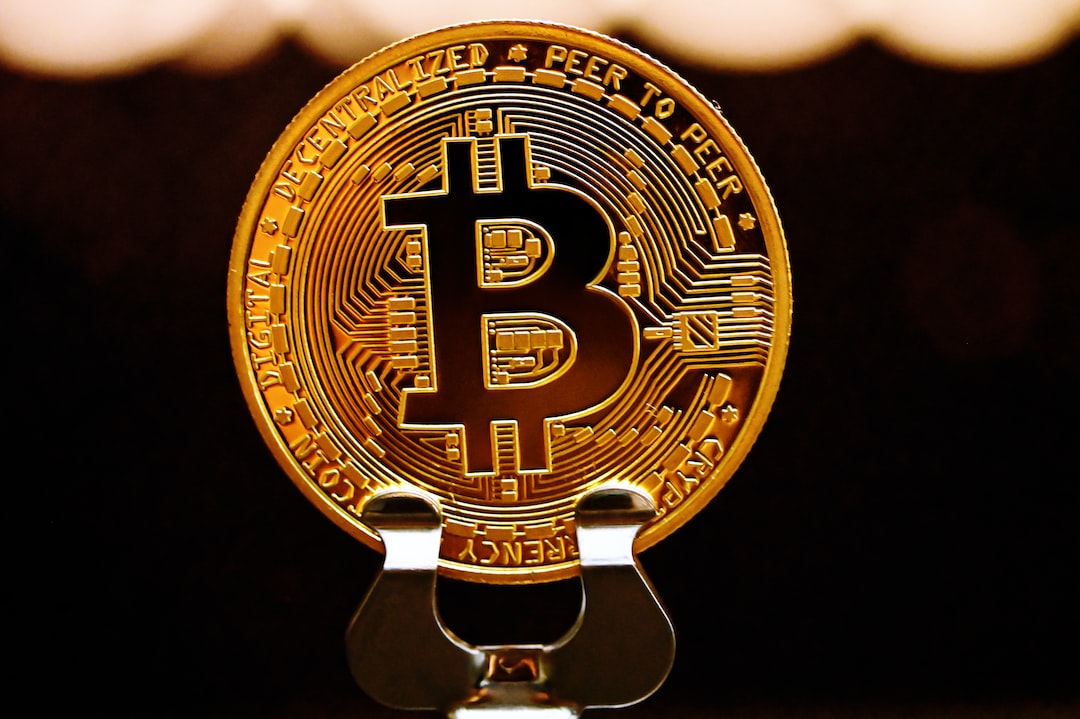Spot Bitcoin ETF Applicants Slash Fees Ahead of Anticipated Approval
Multiple spot bitcoin ETF applicants have been reducing their fees as competition heats up in anticipation of approval from the Securities and Exchange Commission (SEC). BlackRock, for example, has lowered its sponsor fee and temporary discount. Ark Invest/21Shares has also cut its fee and maintained zero fees for the first six months or until $1 billion in assets. Other applicants, including Fidelity, Valkyrie, Invesco Galaxy, WisdomTree, and Bitwise, have also reduced their fees.
Grayscale Lowers Fee for Conversion to ETF
Grayscale has filed an amended S-3 form to convert its GBTC product into an ETF, reducing its fee from 2% to 1.5%. While Grayscale’s fees are higher than competitors, its $27 billion assets under management give it an advantage in attracting existing customers.
Race to the Bottom
The reduced fees among potential issuers reflect the race to attract investors in a market with significant potential inflows. The first applicant to gain momentum may have an edge.
Comparison with Traditional ETF Fees
The spot bitcoin ETF fees, while lower than expected, are still higher than some traditional ETFs. For example, the SPDR S&P 500 ETF Trust (SPY) has a fee of 0.09%, compared to the proposed spot bitcoin ETFs’ permanent fees. Other S&P 500 products offer even cheaper fees.
However, when compared to equity and bond ETFs as a whole, the spot bitcoin ETF fees are higher. Vanguard Total Stock Market ETF (VTI) and Schwab U.S. Broad Market ETF (SCHB) offer fees of 0.03%, while the iShares Russell 2000 ETF (IWM) comes closer to the proposed spot bitcoin ETF fees at 0.19%. In the bond market, fees for popular ETFs are also 0.03%.
Bitcoin Spot ETF Fees Compared to Commodities
Although spot bitcoin ETF fees are higher than equity and bond ETFs, they are more favorable compared to top commodity ETFs. For example, SPDR Gold Shares (GLD), the largest gold ETF, has a fee of 0.4%. Comparatively, the proposed spot bitcoin fees are more competitive.
Existing fees for U.S. bitcoin futures ETFs are also higher than the proposed spot bitcoin fees. The ProShares Bitcoin Strategy ETF (BITO) has a fee of 0.95%, while the VanEck Bitcoin Strategy ETF (XBTF) is slightly cheaper at 0.76%.
Hot Take: Spot Bitcoin ETF Fees Reflect Market Competition
The reduction in fees by multiple spot bitcoin ETF applicants demonstrates the intense competition in the market as they vie for approval from the SEC. Lowering fees is an attempt to attract investors and gain momentum early on in order to secure a significant portion of potential inflows. While these reduced fees may not be as low as those offered by some traditional equity and bond ETFs, they are still competitive within the context of commodities and bitcoin futures ETFs.





 By
By
 By
By


 By
By